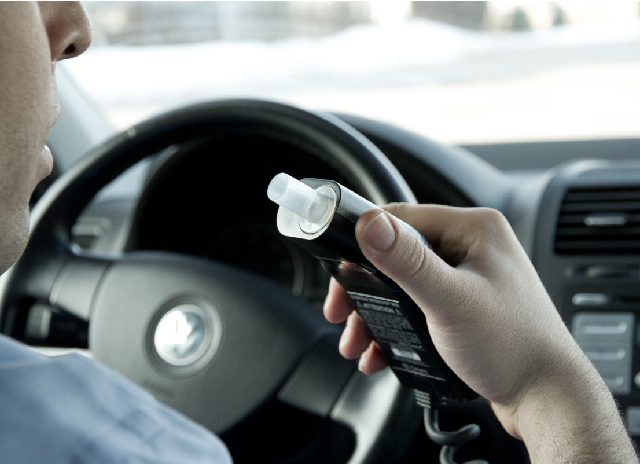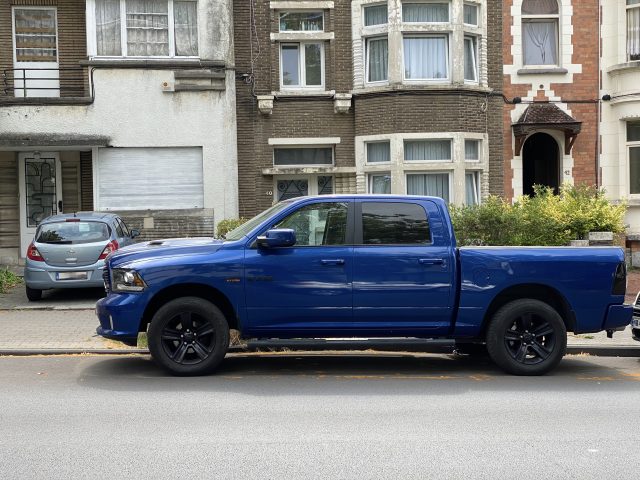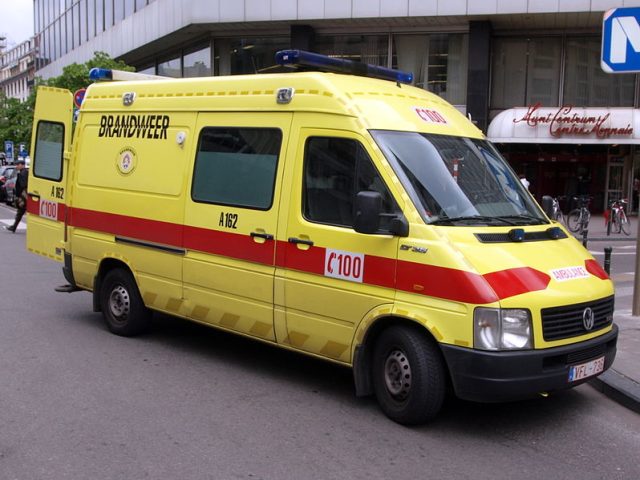Drink-driving enforcement in the UK cut by almost two-thirds since 2009
The UK’s system of preventing drink-driving is no longer adequate, according to a report by ETSC’s member the Parliamentary Advisory Council for Transport Safety (PACTS), which calls for a comprehensive review.
The report, which combines data analysis with in-depth interviews with drink-drivers, found:
- Drink driving is still one of the biggest causes of road deaths;
- In the last decade 240 people have been killed each year where a driver was over the limit;
- Nearly one in five (17%) drink-drive offences is committed by a reoffender;
- The coronavirus pandemic has seen an increase in the number of people with alcohol and mental health issues;
- Levels of police enforcement have decreased by 63% since 2009 and there are indications that drivers believe they are less likely to be caught.
The PACTS report recommends:
- mandatory breath testing powers for the police and the reduction in enforcement levels to be reversed;
- increased penalties for drivers who combine drink and drugs;
- specialist rehabilitation courses for those with mental health and alcohol problems;
- a lower breath test limit for England and Wales;
- reforming the High Risk Offender Scheme;
- that the Government pays more attention to drink driving in alcohol harm and night-time economy policies.
Commenting on the report, David Davies, Executive Director of PACTS, said:
“Drink driving is often cited as a road safety success story, yet it remains a major killer and progress has ground to a halt since 2010. Not only is better enforcement important but also the issues of mental health and alcohol dependency need to be recognised.
“Scotland introduced a reduced drink drive limit in 2014, in line with most other countries in Europe. It has been accepted by the public; it has not significantly impacted pubs and restaurants or overloaded the police or the courts. Northern Ireland plans to go further, with a zero limit for novice and professional drivers.
“A lower limit is not a magic bullet but government policies to reduce drink driving will lack credibility as long as they avoid this change.”
Progress in reducing drink-driving and other alcohol-related road deaths in Europe








